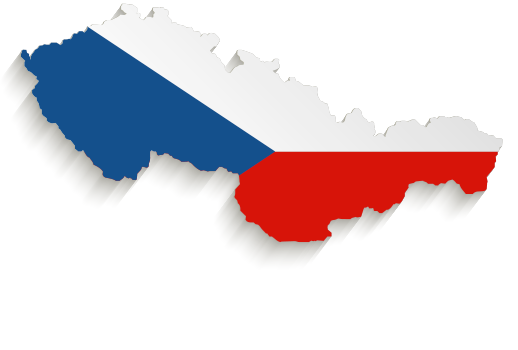(Grant Agreement n. 669194)
The foreign trade organisations (FTOs) had specific personnel which were recruited from the economics universities, namely graduates in foreign trade at the Universities of Economics in Prague and Bratislava. These elite staff had very specific knowledge about the capitalist economies, banking and management, and had exceptional training in languages. Due to their positioning in West European and other non-socialist countries, they were often targeted by the Czechoslovak secret police as promising agents for technical and business espionage. Czechoslovak FTOs were in a difficult position, as Czechoslovakia did not establish any legislative conditions for opening its economy to foreign investment. The institution of joint ventures, which was creating a thriving business in Hungary, was only enabled in the late 1980s. Nevertheless, small steps were taken in the second half of the 1970s as Czechoslovak officials recognised that the momentum of extensive economic growth was exhausted and export results were becoming fragile. In 1976, foreign businesses were allowed to open representations in Czechoslovakia. At the same time, the Federal Ministry of Foreign Trade started an offensive policy of Czechoslovak diplomatic representations and at international industry fairs promoting Czechoslovak exports and licence agreements with Western companies. At this time, Czechoslovakia was far behind the other socialist countries in the matter of licences. By 1980, in the area of the Council for Mutual Economic Assistance (CMEA) over 2000 co-operation or licence agreements had been signed. Compared to this cumulative number, Czechoslovakia rated poorly and had not even reached fifty agreements.
The business level was also subjected to the normalisation purge following the suppression of the Prague Spring. The newly vacant positions were filled not only by professionals allying with the regime but also by political nominees without managerial capacities. Nevertheless, the practical approach of most businesses and the stable economic growth environment in the first half of the 1970s made the business elite coordinate their efforts with political authorities in order to get foreign currency from their West European partners to modernise factories and introduce new product lines. Among these success stories, that of František Čuba is the most spectacular. Čuba was an agronomist who took over an average cooperative farm in Slušovice in 1963 and turned it into a thriving business with a turnover of 7 billion crowns by 1989. Čuba’s farm was located in the relative periphery of the Gottwaldow region and he exploited this and started to implement specific methods reminiscent of capitalist business. Thanks to his good connections with the region’s political elite, he was not invited to the committee hearings after 1968 and survived the purges. His achievements during the 1970s attracted the attention of high-level politicians, who suspected Čuba of anti-socialist ideas. As a businessman who felt that his success could be a reason for firing him, Čuba entered regional politics, and as a member of the system sealed his position as the Slušovice chairman. He was an advocate of cooperation with Western partners and created cooperation projects with companies in Canada, Italy and West Germany. The peak of Čuba’s managerial career was to come after 1985, when his cooperative farm was cited as an example of a successful socialist business by the First Secretary of the Communist Party of Ukraine, Volodymyr Shcherbytsky. Although Čuba may be an extreme case among the Czechoslovak managerial elite, many other managers of successful Czechoslovak enterprises took a “capitalist” approach. Miroslav Zapadlo, who between 1969 and 1979 was director of AZNP Mladá Boleslav, which produced the popular Skoda cars, was a manager who went to the limits of the existing laws to acquire more convertible currency for the company and tried to involve West European automobile companies in cooperation talks.
* This text summarises some of the research findings of PanEur1970s team member Pavel Szobi, which are published as a chapter in PanEur1970s’ academic edited book. For a link to the e-book, please see Czechoslovakia’s “Overview” webpage of this map.
